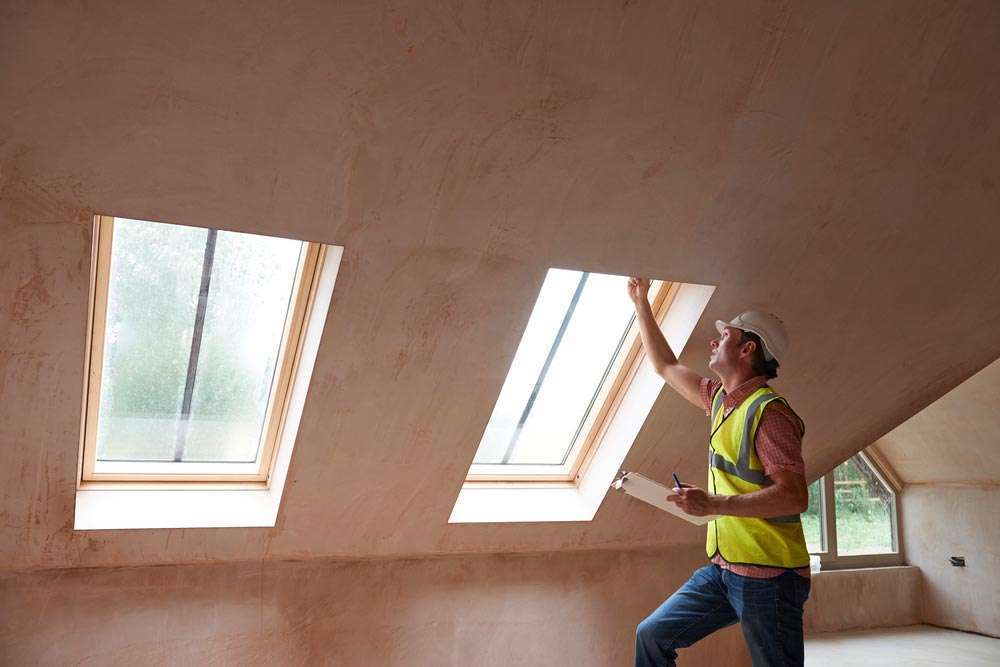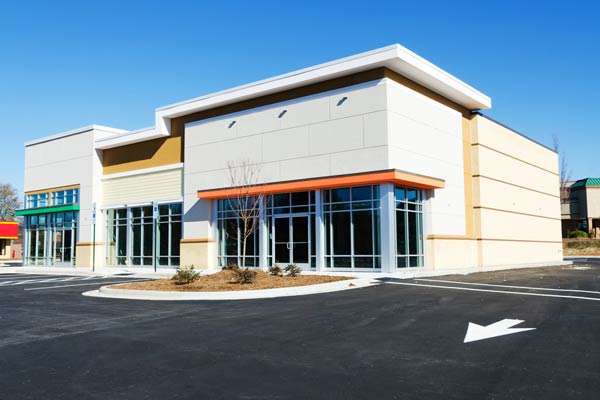1031 EXCHANGES:
– Understanding the Benefits and Why
Investors Need a Property Condition Assessment

If you own an investment property and are considering selling it to buy another, you should know the 1031 tax-deferred exchange. Through this process, the owner of investment property can sell and purchase similar property while deferring paying capital gains tax. By understanding the key points of the 1031 exchange, its benefits, and why you, as an investor using this tool, should assess your investment before taking action.
Definition of a 1031 Exchange
A 1031 exchange is a real estate system that enables investors to sell one investment property and buy another like-kind replacement property with the proceeds from the sale.
There are several reasons this investment system could be profitable when selling investment properties. Here are two important reasons.
- Deferment of capital gains taxes, depreciation recapture, and affordable care act taxes
- Diversification of your portfolio through a variety of replacement properties
Named after Section 1031 of the United States International Revenue Code, a 1031 exchange enables investors to defer state and federal capital gains tax, net investment tax, some non-resident withholding taxes, and gains from depreciation. That might amount to up to 25–30% of your gain, saving you thousands of dollars immediately that you could then use to reinvest in new investment property via a tax-deferred exchange.
Investors can utilize 1031 exchanges to delay taxes indefinitely as long as they continue to reinvest the money in real estate. So, you can continue swapping properties till you die. At this point, you can transfer your interests to your successors, who will get a one-time step-up basis that could potentially erase all the rolled-over tax liabilities. However, if you sell an asset obtained through a 1031 exchange and do not reinvest the proceeds, you will be subject to the tax liabilities outlined above, besides any taxes you owe through the previous 1031 exchanges.
Depending on your situation and ambitions, re-evaluate your portfolio and reposition it via a 1031 Tax Deferred Exchange.
Ohio, Kentucky and Indian investors should know that there are key aspects and deadlines you need to meet to complete a 1031 exchange successfully. While using a 1031 exchange could be beneficial, it is essential to consult with an experienced legal and tax specialist before beginning an exchange to ensure you avoid potential pitfalls and meet your investment goals.
Importance of Property Condition Assessments during a 1031 Exchange
Although a 1031 exchange is an excellent way to evade capital gains and other taxes and increase your portfolio or cash flow, it could be detrimental if not adequately worked out. This often occurs when you swap your property for another like-kind property in poor conditions. To avoid a situation like this, you need to carry out a property condition assessment before swapping.
When buying commercial property in Ohio, part of the due diligence process includes carrying out a Property Condition Assessment. Regardless of whether the structure in question is new or old, this visual check, analysis, and report give buyers and lenders a truthful evaluation of the property's present condition and potential future value. As a result, a PCA can potentially increase profitability and enjoy peace of mind.
Is A Property Condition Assessment Necessary To Purchase A Like-Kind Property?
Yes, of course. Generally, a PCA is vital during the regular audits and Phase 1 environmental research phases. It helps avoid pitfalls.
Ordering a PCA is wise regardless of who assumes responsibility for the transaction. It offers a technical, objective assessment of the situation that is helpful before, during, and after talks. A PCA will also indicate what replacement funds, capital investments, or deferred maintenance are required to maintain a property over a specific time frame.
Bottom Line
Companies invest in, purchase, repair, and maintain tangible assets, such as real estate, using capex. CapEx differs from the ongoing maintenance expenditures associated with a property, which are crucial cash-flow factors for real estate investors to take into account. As a result, commercial property investors should always consider capital expenditure while having a property inspected to prevent overestimating the investment worth of the property.
So, whether you want to swap for a new property, an old property, or whatever in between, doing a PCA before buying offers numerous benefits that ultimately impact your profitability.
Home & Commercial Inspections can assist you in Ohio, Kentucky, Indiana with a professional PCA inspection.

1031 Exchange for Real Estate Investors
1031 Exchange: A Game-Changing Strategy for Real Estate Investors
Real estate investors are always on the lookout for ways to maximize their profits while minimizing their tax liabilities. One strategy that has gained popularity in recent years is the 1031 exchange. This powerful tool allows investors to defer capital gains taxes by reinvesting the proceeds from the sale of one property into the purchase of another like-kind property.
By utilizing a 1031 exchange, investors can defer paying taxes on the gain from the sale of their property, providing more funds to invest in a new property. This can result in significant savings and allow investors to continue building their real estate portfolio without losing a large portion of their profits to taxes.
Property Assessment: An Essential Step in Real Estate Investment
Another crucial step in real estate investment is obtaining a property assessment. This process involves a thorough inspection of the property to identify any issues or potential problems that could affect its value. By getting a property assessment, investors can make informed decisions about whether a property is worth investing in and what repairs or upgrades may be necessary.
A property assessment can uncover a variety of issues, such as structural problems, plumbing or electrical issues, or environmental hazards. Identifying these issues early on can prevent costly surprises down the road and allow investors to negotiate a better price or plan for necessary repairs.
The Importance of Combining a 1031 Exchange with a Property Assessment
By combining a 1031 exchange with a property assessment, real estate investors can make the most informed and strategic investment decisions. A 1031 exchange can provide tax benefits, but it is crucial to invest in a property that will provide long-term value and generate consistent income. A property assessment can help investors identify any potential problems or repairs that could affect the property's value and future income potential.
Moreover, a property assessment can provide valuable insight into the property's condition and the estimated cost of any necessary repairs or upgrades. This information can help investors plan for future expenses and determine if the investment is worth pursuing.
Schedule Your Property Inspection Now!
As a real estate investor, it is essential to be aware of the benefits of a 1031 exchange and the importance of obtaining a property assessment. These steps can help you make informed decisions, minimize your tax liabilities, and maximize your profits.
If you're considering a 1031 exchange or need a property assessment, contact our team at Home and Commercial Inspections. Our experienced professionals can guide you through the process and provide the expertise and support you need to make the most strategic and profitable investment decisions. Contact us today to learn more.
